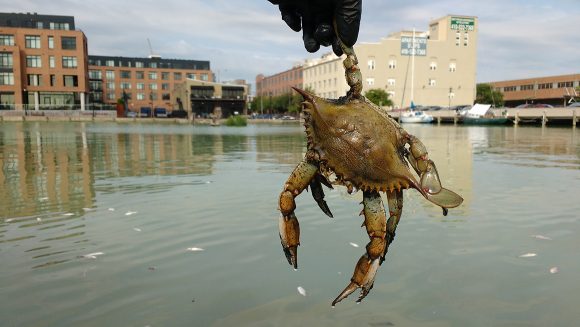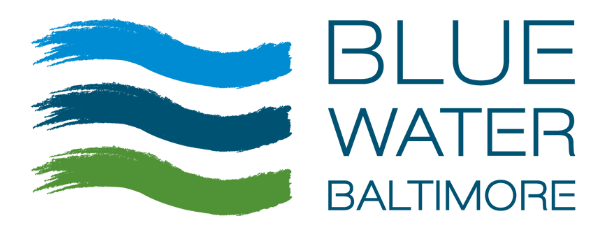Consent Decree Intervenor Status Granted
Blue Water Baltimore Successfully Joins Federal, State Enforcement to fix City’s Failing Sewer System
On Thursday, September 8, 2016, the U.S. District Court granted Blue Water Baltimore’s motion to intervene in the federal consent decree lawsuit intended to fix the City of Baltimore’s failing sewer system. The successful intervention is a significant victory for the organization, and allow us to be heard by the court on matters such as violations and enforcement of the consent decree.
Our Role
“Blue Water Baltimore is very pleased with the court’s ruling because we want to help Baltimore fix its failing sewer system,” said executive director Halle Van der Gaag. “Now, as a party to this case, we hope to see and report to the public on measurable progress to improve water quality in Baltimore’s neighborhood streams, rivers and Harbor. This is a long-term investment for us to tackle the largest source of pollution in Baltimore’s waterways.”
Blue Water Baltimore will now be a formal party to the court proceedings, without any limitation to the organization’s right to obtain information, submit legal requests or raise related issues of concern.
Public Comments
Earlier this summer an extension was filed when the original parties to the lawsuit lodged a proposed modification to the consent decree that, if accepted by the court, would extend Baltimore’s final deadline to comply with the Clean Water Act prohibition on sewage overflows to 2033.
Blue Water Baltimore, with its partners at the Environmental Integrity Project, submitted extensive public comments that raise concerns about public health, progress and transparency, and frequent backups of sewage into homes of city residents, among other issues.
Approximately 1,250 individuals, environmental and health organizations signed onto the comments in response to the proposed modifications.
“The City’s obligation to comply with the consent decree is a daunting one – and it won’t happen overnight – but we will seek to hold all parties accountable throughout this process to protect the public and eliminate harmful sewer overflows as soon as is possible,” said David Flores, Baltimore Harbor Waterkeeper. “We are looking forward to continuing our work with the city, state and federal agencies to eliminate overflows, protect the public from sewage pollution, and achieve compliance with the Clean Water Act.”

Just last week we found several hundreds of dead fish and crabs following anoxic conditions in Baltimore Harbor during a summer algae bloom which resulted from nutrients in large quantities of sewage and stormwater runoff that pollute Baltimore’s waterways.

